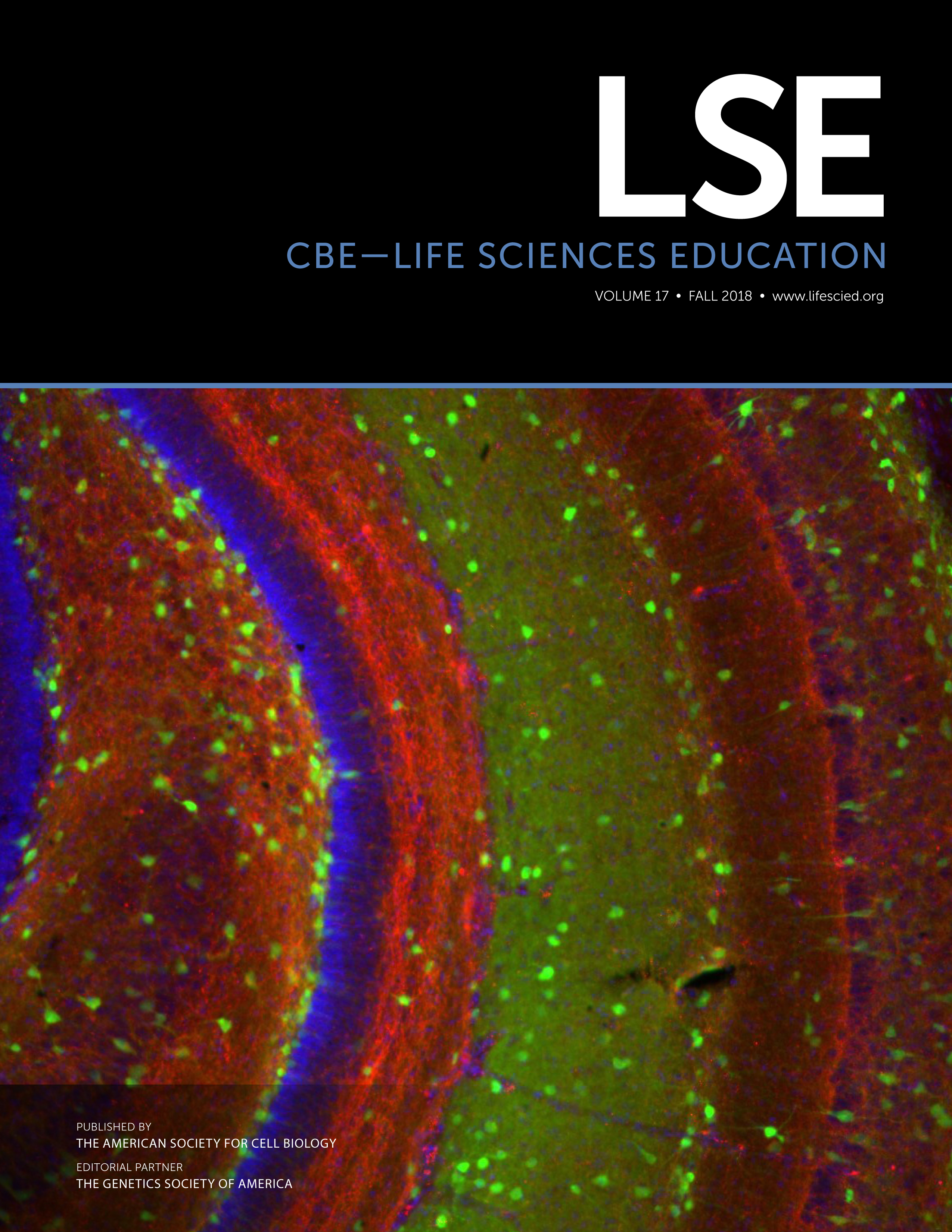Conceptual Demography in Upper Secondary Chemistry and Biology Textbooks’ Descriptions of Protein Synthesis: A Matter of Context?
Abstract
This study investigates how the domain-specific language of molecular life science is mediated by the comparative contexts of chemistry and biology education. We study upper secondary chemistry and biology textbook sections on protein synthesis to reveal the conceptual demography of concepts central to the communication of this subject. The term “conceptual demography” refers to the frequency, distribution, and internal relationships between technical terms mediating a potential conceptual meaning of a phenomenon. Data were collected through a content analysis approach inspired by text summarization and text mining techniques. Chemistry textbooks were found to present protein synthesis using a mechanistic approach, whereas biology textbooks use a conceptual approach. The chemistry texts make no clear distinction between core terms and peripheral terms but use them equally frequently and give equal attention to all relationships, whereas biology textbooks focus on core terms and mention and relate them to each other more frequently than peripheral terms. Moreover, chemistry textbooks typically segment the text, focusing on a couple of technical terms at a time, whereas biology textbooks focus on overarching structures of the protein synthesis. We argue that it might be fruitful for students to learn protein synthesis from both contexts to build a meaningful understanding.



